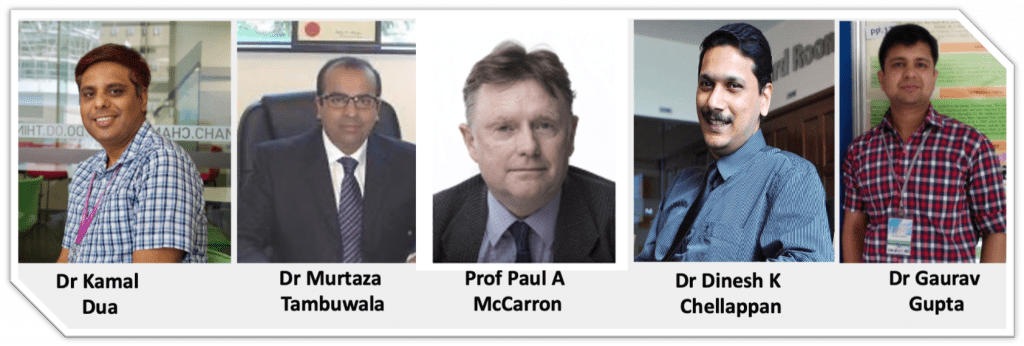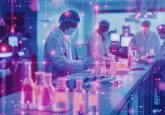6. It is reported that the way we work will never be the same again, do you agree?


Jennifer Zimmer (Alturas Analytics)
Some of the communication platforms that we implemented at the beginning of the pandemic to allow for increased offsite work have actually helped to make us to be more efficient. We would not have invested the time or resources in these platforms had it not been for this pandemic. Also, we have become quite proficient at hosting virtual audits. We have successfully hosted multiple remote client audits using Zoom and document sharing including electronic reviews of chromatograms, as well as LIMS and electronic lab notebook data. One of the first virtual audits included a three-week FDA regulatory inspection. I don’t think that these audits will be going away anytime soon. Even when normal travel resumes, these audits are a cost-efficient way for sponsors to qualify laboratories.

Chris Smith (Elanco)
I think our communication skills have improved for sure and I have noticed a more flexible approach to myself working in the southern hemisphere with a more willingness to take calls at different times. This means that the nine to five timings have been relaxed to allow flexibility across the board.
 Jan Miotto (Metrendalytics)
Jan Miotto (Metrendalytics)
I absolutely agree. The coronavirus pandemic was – and is – a world-changing event that has touched the lives of everyone on the planet. On a positive note, it has served as an accelerant of technology adoption and innovation. Companies that can do it better, faster, cheaper, more efficiently and adopt more creative approaches to problem solving will leapfrog to the forefront of the industry. We will see more of a focus on developing technologies that can deliver transparent, secure and reliable data sharing. Labs have learnt that we can – and must – work remotely on many tasks without significant impacts on performance. Technologies that have facilitated our ability to do this have been brought to the forefront in lieu of more typical investments in people and instruments. Everyone has learnt to be more comfortable using the technologies and tools necessary for working together effectively under these conditions. At the same time, we have learnt that labs can reduce their fixed costs on building office space by giving folks who can work remotely the tools and training to do so. The upside is improved quality of life for staff who can significantly reduce commute time, stress and costs. Time gained can be reinvested into actual work for clients and conducting more science. While the ‘new normal’ is still unfolding, it is becoming increasingly clear that the future will be anything but normal. It is always important to remember that during these times of disruption, uncertainty and challenge, those who can reinvent themselves and move forward will open a gateway to an abundance of opportunities.

Suranga Senanayake (University of Limerick)
Three words come to my mind: flexibility, adaptability and pivotability. These may prove to be key attributes for all scientists, particularly younger trainees in more precarious situations. As reported in a recent international survey, 66% of respondents used their extra time from lockdowns due to the pandemic for career development. Further, an impressive >90% of life scientists utilized virtual conferencing to foster collaborations [1]. So yes; I agree that our patterns of work have drastically changed, in some respects, for the better.
[1] Korbel JO, Stegle O. Effects of the COVID-19 pandemic on life scientists. Genome Biol. 21, 113 (2020).
The collaborative research team of Dr Kamal Dua (University of Technology Sydney)
We would absolutely agree that the way we work and communicate will never be the same again. One of the most positive effects of the pandemic has been that we have learnt that physical distance is not a barrier to effective work and communication – these can be achieved and maintained virtually.
The opinions expressed in this feature are those of the authors and do not necessarily reflect the views of Bioanalysis Zone or Future Science Group.
Our expert opinion collection provides you with in-depth articles written by authors from across the field of bioanalysis. Our expert opinions are perfect for those wanting a comprehensive, written review of a topic or looking for perspective pieces from our regular contributors.
See an article that catches your eye? Read any of our articles below for free.








